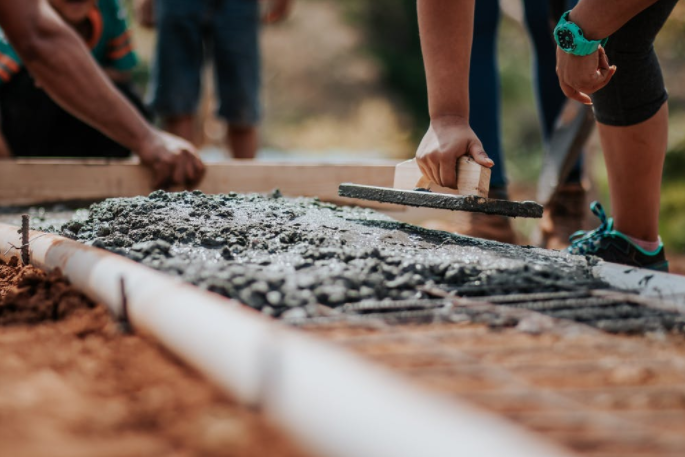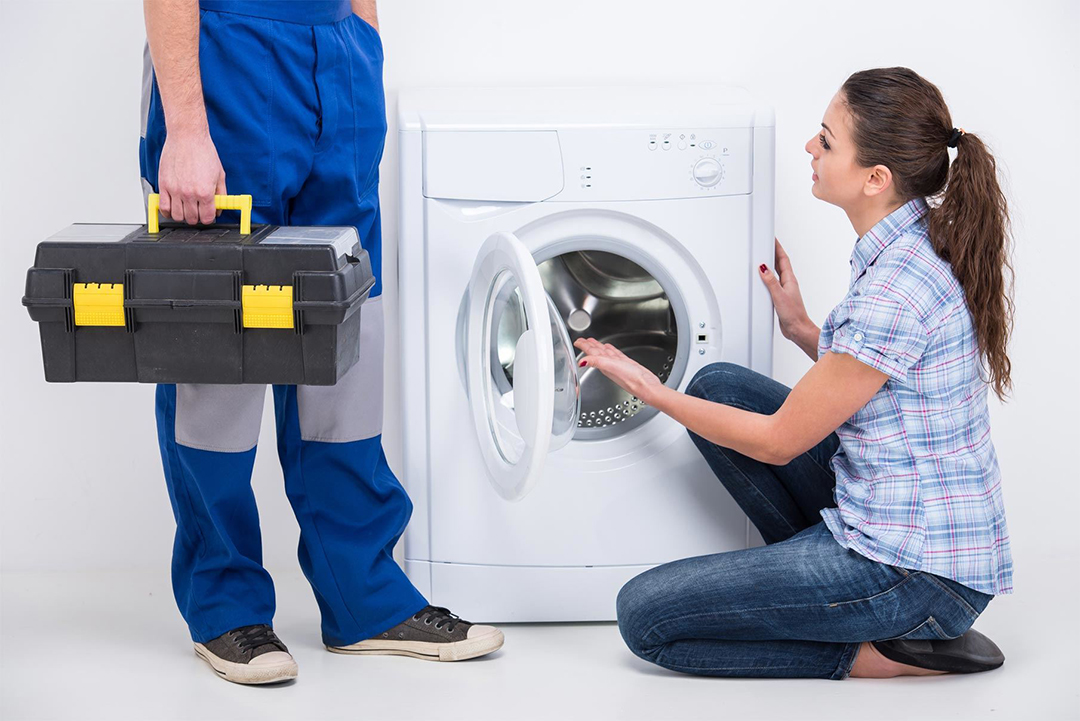How to Sharpen your Knives
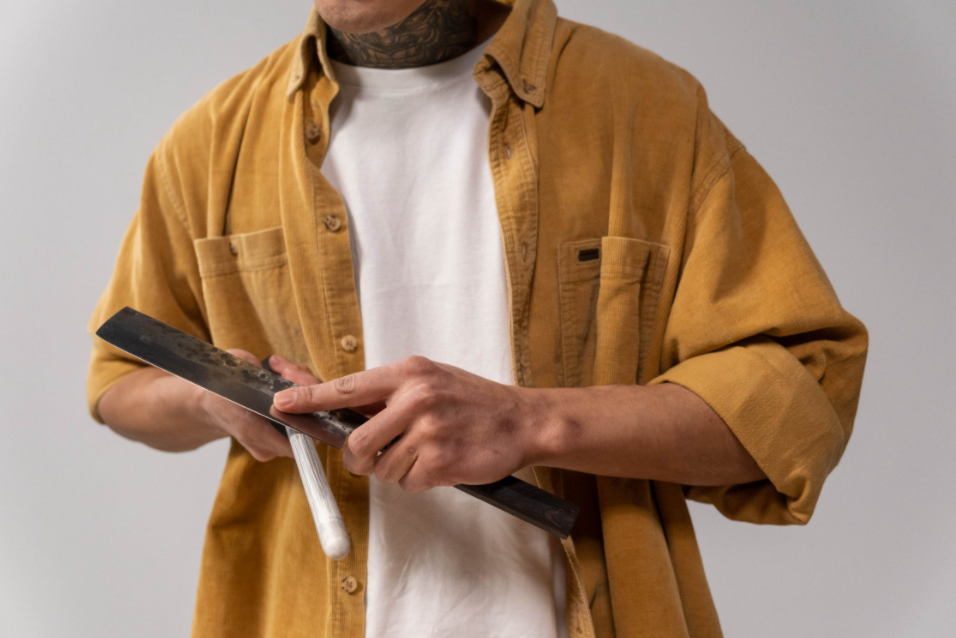
Every cook will know the frustration of attempting to cut through something with a blunt knife!
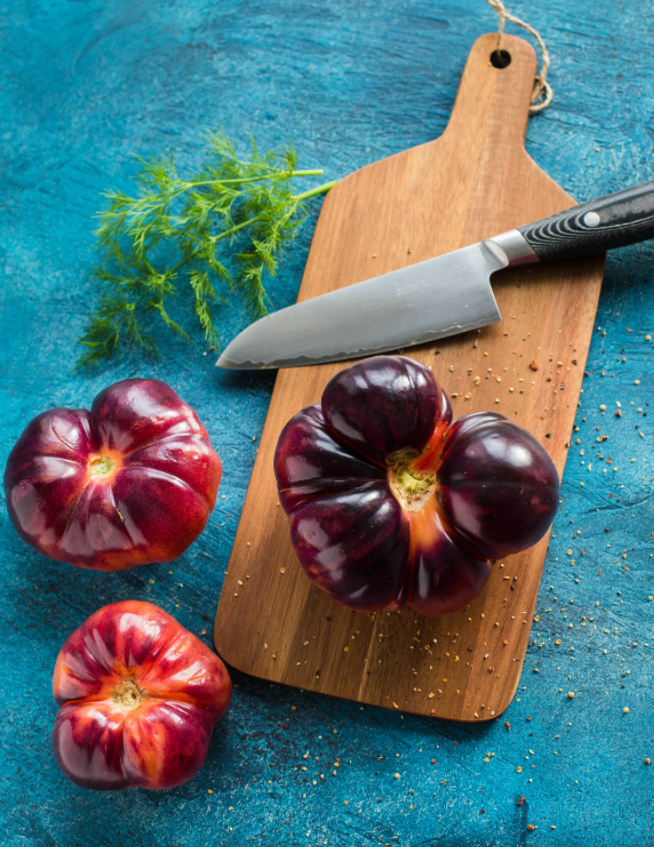
Photos By: Pexels
You are more likely to cut yourself and it makes the whole job trickier. Regardless of whether it is a premium knife set or a couple of favorites that have been passed down from generation to generation, then it is important to know how to care for your knives. To make sure they stay sharp and efficient there are several different ways you can do this, and this article will help you.
Use a Sharpening Tool
Honing a blade on a sharpening tool can help you to maintain the edge on your knife. You can use honing steel, a wet stone, or a sharpening stone. When you purchase a brand-new knife then you won’t need to sharpen it for a good couple of months if you have bought a premium set. This is true even if you use the knife every day. You need to be careful though as using a wet stone or sharpening tool too much can erode the blade. Only use it when you need it.
How to Sharpen
When you are sharpening a knife, you should hold the knife at roughly a 22.5 degrees angle. You need to swipe the knife down the entire length of steel. There is no need for too much force. You should allow the weight of the knife to do the job. You need to take your time while you do this. Professional chefs go at tops speed but if you do this, you can miscalculate the angle, and this will result in a blunt knife.

The type of knife you should use comes down to personal preference and how it feels in your hand. A European knife tends to be made of soft tempered steel while Japanese knives are made of hard tempered steel. Japanese knives tend to want a smaller, more acute angle while sharpening. European knife blades are thicker though and thus can withstand more heavy-handed use.
Knife Care
One recommendation that experts say is that you should keep to is that you should not put knives in the dishwasher. This includes those that say they are dishwasher safe. You should wash these by hand with hot soapy water and dry them immediately. The dishwasher will knock your knife against another cutlery that can damage the blade.
When you have dried them, you should also avoid putting them into a drawer. Other cutlery and knives can cause damage to the blade and cause it to blunt. A protective case or sleeve can help with this problem.
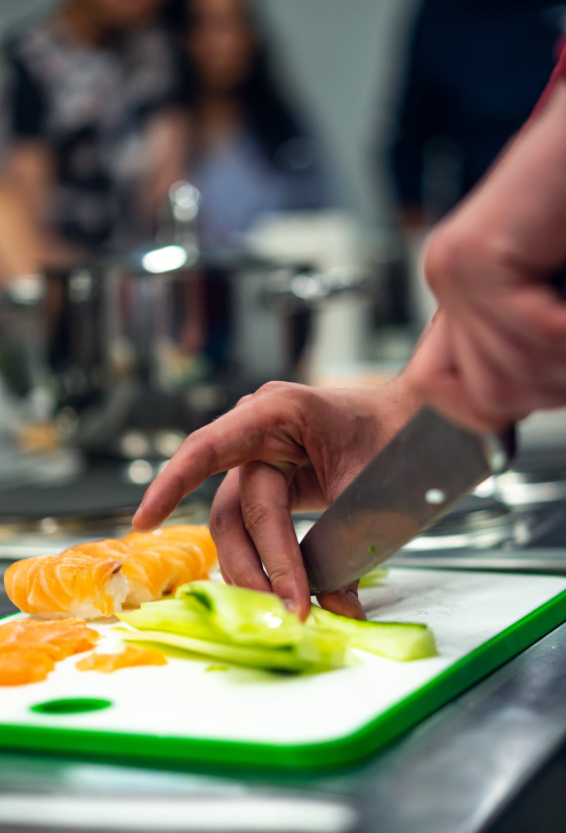
Keeping your Knives on Point
If you are an avid cook, you don’t want to be replacing your knives every couple of months as they become dull and unworkable. Instead, you should invest more money in keeping them in good condition. You can purchase sharpening tools to make sure the blade stays sharp whilst you can also keep them in better conditions. Stay away from dishwashers and invest in protective sleeves and cases. This will keep your knives sharp.


